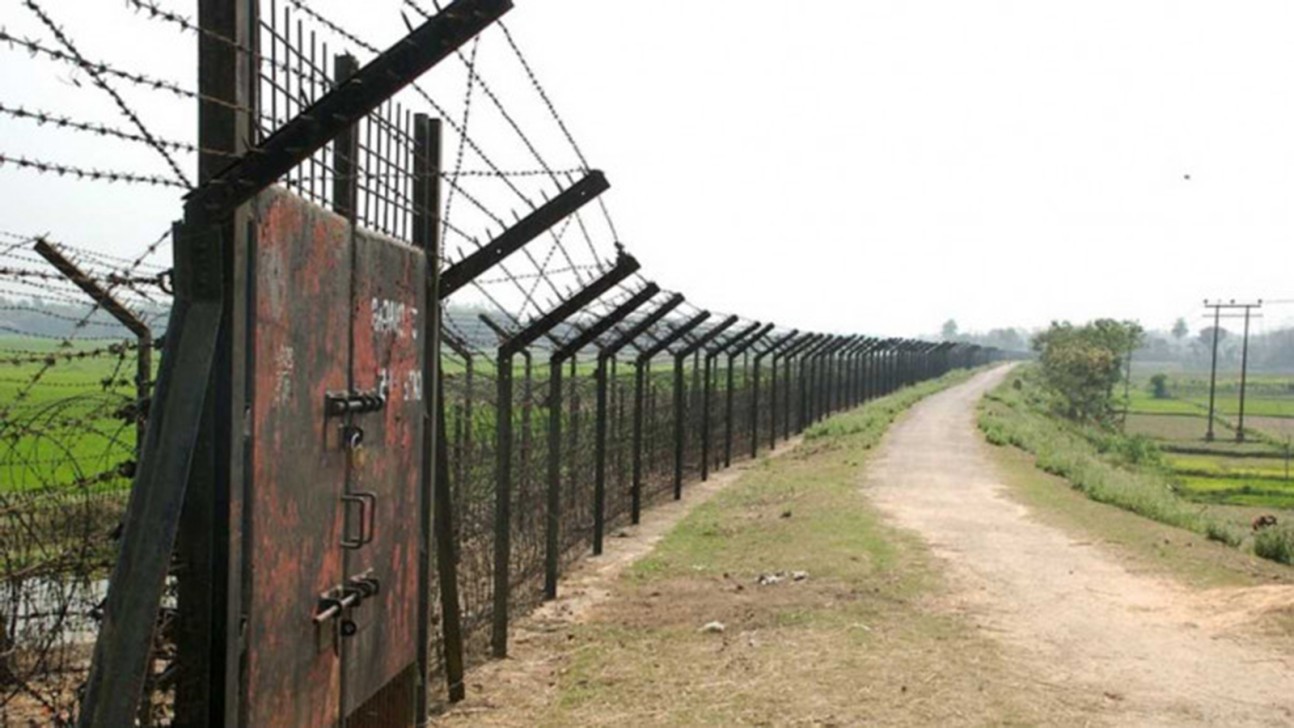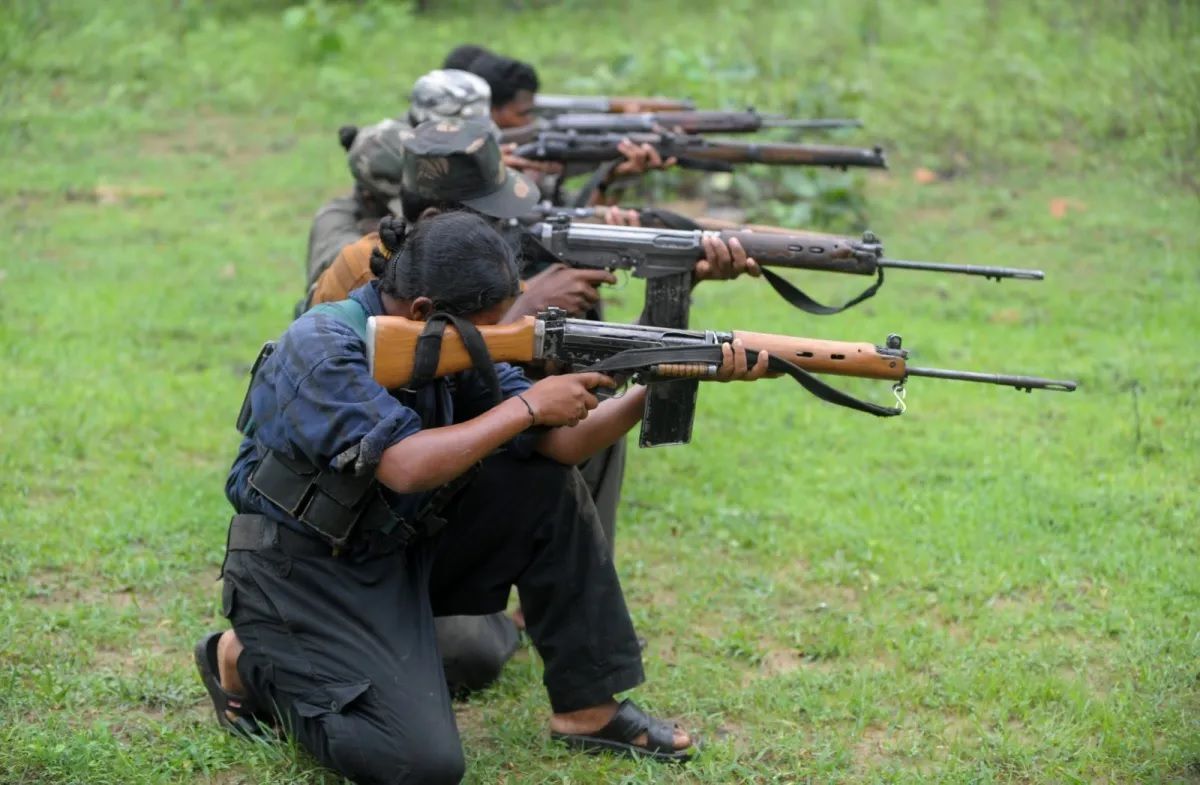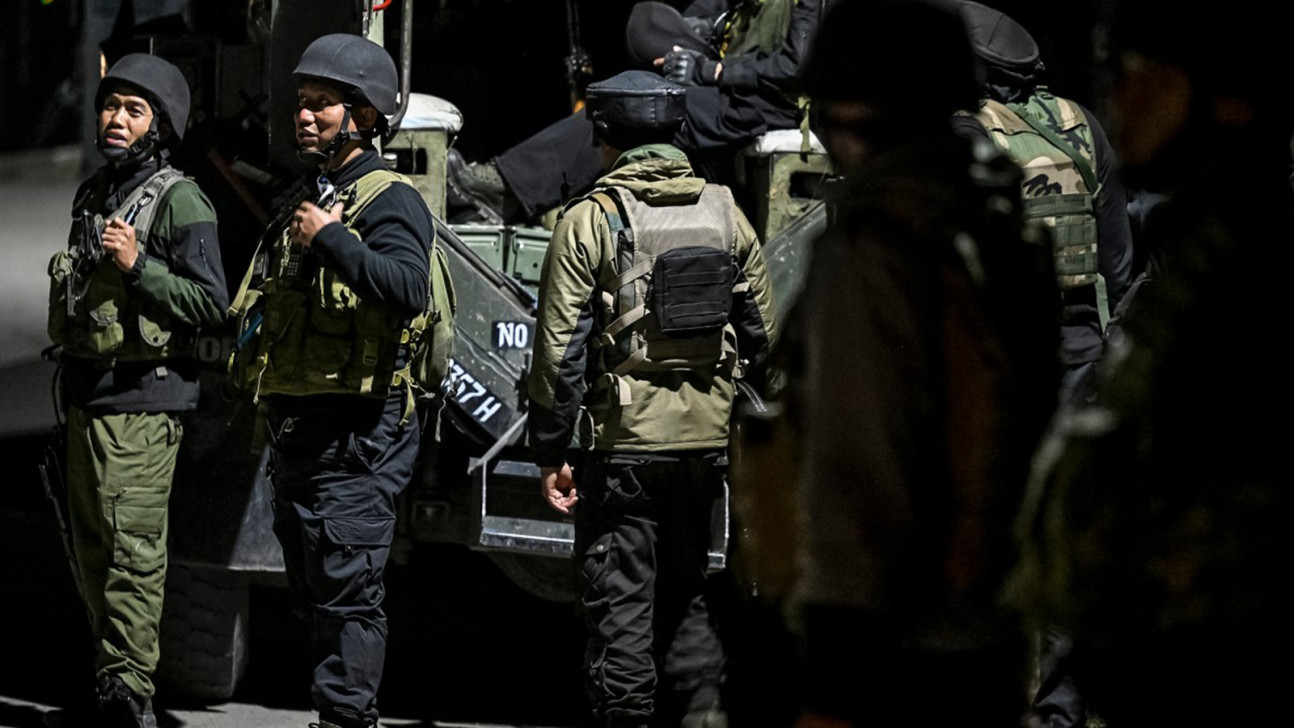Evolving Myanmar situation calls for a new Rohingya policy

This August marked eight years since the 2017 Rohingya influx into Bangladesh from the Arakan region. During this time, power changed hands in Bangladesh; many conferences were held both at home and abroad, but the Rohingya refugees could not be sent back. Instead, their arrival has continued. This raises the question: should Bangladesh rethink its Rohingya policy and strategy?
A chain of false hopes
From time to time, both during the previous government and after the mass uprising, false hope arose about Rohingya repatriation. In April 2023, a tripartite meeting was held in Kunming between Bangladesh, China and Myanmar. At the time, the Sheikh Hasina government said that by the end of that year, the Naypyidaw government would take back around 7,000 Rohingya on a trial basis. That never happened.
Earlier in November 2017, Bangladesh and Myanmar signed an agreement on the same issue. Bangladesh provided a list of eight lakh people who crossed the border, and Myanmar verified and gave clearance to an insignificant number of them. But not a single person was taken back.
In April this year, a key policymaker in Bangladesh announced that Myanmar had identified 180,000 Rohingya as eligible for repatriation, with an additional 70,000 awaiting final verification. This announcement sparked a wave of optimism, especially among members of a newly formed pro-government political party who created quite a stir on Facebook. The reality of what transpired in the ensuing months is known to all.
However, this year's conferences on the Rohingya issue—one held in Cox's Bazar in August, and the two upcoming ones in New York and Doha, in September and December, respectively—are creating another wave of optimism. They have had at least two positive outcomes. First, the Rohingya issue is regaining renewed international attention, at least to some extent. Second, some additional funds might become available for running the camps.
The fact is, amid the wars in Ukraine and Gaza, attention to the suffering of these displaced Muslims from Arakan has fallen sharply. These conferences will surely bring that back to the fore. Meanwhile, the sharp drop in camp funding is a major concern for Bangladesh. Through three consecutive conferences, Bangladesh will be able to inform the international community about the worsening financial crisis. That too is important.
But whether these conferences will pave the way for repatriation remains uncertain because the Rohingya's return depends on internal and international conditions. The situation in Arakan today does not suggest the possibility of a safe return or peaceful living for the Rohingya.
Right now, Rohingya armed groups are fighting with Arakan Army (AA) guerrillas. Earlier, some Rohingya were seen fighting for Myanmar's armed forces against the AA. These incidents will only deepen the hostility between the Rakhine people and Arakan Muslims.
Many say the Rohingya can only return if they are granted ethnic recognition and citizenship rights. They are not included in Myanmar's list of ethnic groups. As a result, they are excluded from the country's citizenship laws. Even if the Myanmar government resolves these issues, the Rohingya's return to Arakan will not be easy until the AA and the local Rakhine community accept them.
Since the situation in Arakan has changed drastically between 2017 and 2025, the Myanmar government alone cannot ensure their safe return. The situation on the ground suggests changing currents. Even if the AA agrees to take the Rohingya back in exchange for some material benefits from Bangladesh, unless the local Rakhine community is ready for a peaceful coexistence, the Rohingya will be forced to flee again. That has been happening repeatedly since 1978-79.
Against such a backdrop, it is worth considering how far the current fighting between the Buddhist Rakhine guerrillas and Rohingya helps improve the social environment across Arakan. If Rohingya leaders think they can secure dignity in Arakan through war, then Bangladesh must prepare for a different situation. Bangladesh may face hostility from the AA in that case. The Rohingya issue will become more complex, and the AA may act in such a way or seek such allies that would be harmful to Bangladesh. Perhaps, Myanmar's central government is also hoping for such a situation that would help cover up many of its past crimes.
A completely new reality on the southern border
Unfortunately, because of the Rohingya issue, Dhaka has not been able to move forward with other bilateral issues of economic interest with Sittwe or Naypyidaw. Yet, it was urgent to increase social and economic ties in all these directions. Instead of improving relations with neighbours, our foreign ministry has always been more focused on Europe and America. However, in reality, our security depends most on those next to us.
For instance, the AA now controls 14 of Arakan's 17 townships (equivalent to Bangladesh's districts). The remaining three are under siege and may fall at any time. For our security and economic interests, this situation demands serious attention. Soon, the AA may take full control of all 30,000 to 35,000 square kilometres of Arakan. This new reality is forcing Bangladesh to rethink past considerations of the southern border.
It is therefore essential to review our Rohingya policy. If necessary, the Rohingya issue should be kept on a separate table, and diplomatic, economic and military gains and losses in relation to Myanmar should be assessed.
After December, Myanmar's internal situation will also look different. If the military junta puts on a civilian mask through a national election, it can change its current, apparently conciliatory stance on the Rohingya issue. For now, they show willingness to talk only to gather global support in favour of the upcoming election. They have not made any real policy or military concessions.
Still, if Bangladesh can use the upcoming conferences to secure recognition of the Rohingya's citizenship rights from the junta, that would be a step forward. Since returning Rohingya from Bangladesh to northern Arakan would actually help the junta in their fight against the Rakhines, they might agree. They could even grant citizenship rights without recognising Rohingya as an ethnic group. If that happens, Bangladesh could reasonably pressure the AA too.
China and India's closeness a new factor
Bangladesh needs China's cooperation on the Arakan issue. Beijing has a strong influence over both the AA and the Naypyidaw government. But whether Bangladesh will seek China's help in this matter, or succeed in convincing them, depends on the next elected government. China will likely wait until Bangladesh's elections. Still, the interim government might raise the issue with China during discussions on the Teesta project.
At the same time, China and India are currently enjoying warmer ties, which may be a favourable condition for Bangladesh. India also has major investments in Arakan, like China. So, both countries want stability there. They do not want Bangladesh's relations with the AA to turn sour. Bangladesh's diplomatic challenge is to get China and India to influence both Myanmar's military and the AA. This can be done more effectively by Bangladesh itself than through international conferences. The two upcoming conferences can only create a useful atmosphere.
But if those conferences take on an anti-China tone around the Rohingya issue, it could create new problems for Bangladesh. In other words, Bangladesh must ensure the Rohingya issue does not become part of the US-China cold war.
Meanwhile, a significant amount of camp expenses still indirectly comes from Europe and America. There is now fear that much of it will not continue after December. For these "donors" too, this is a perfect moment to pressure Bangladesh for concessions. So, just like in domestic politics, the coming days at the southern border are also filled with uncertainty.
Altaf Parvez is a researcher and political analyst.
Views expressed in this article are the authors' own.
Follow The Daily Star Opinion on Facebook for the latest opinions, commentaries and analyses by experts and professionals. To contribute your article or letter to The Daily Star Opinion, see our guidelines for submission.




 For all latest news, follow The Daily Star's Google News channel.
For all latest news, follow The Daily Star's Google News channel. 


Comments